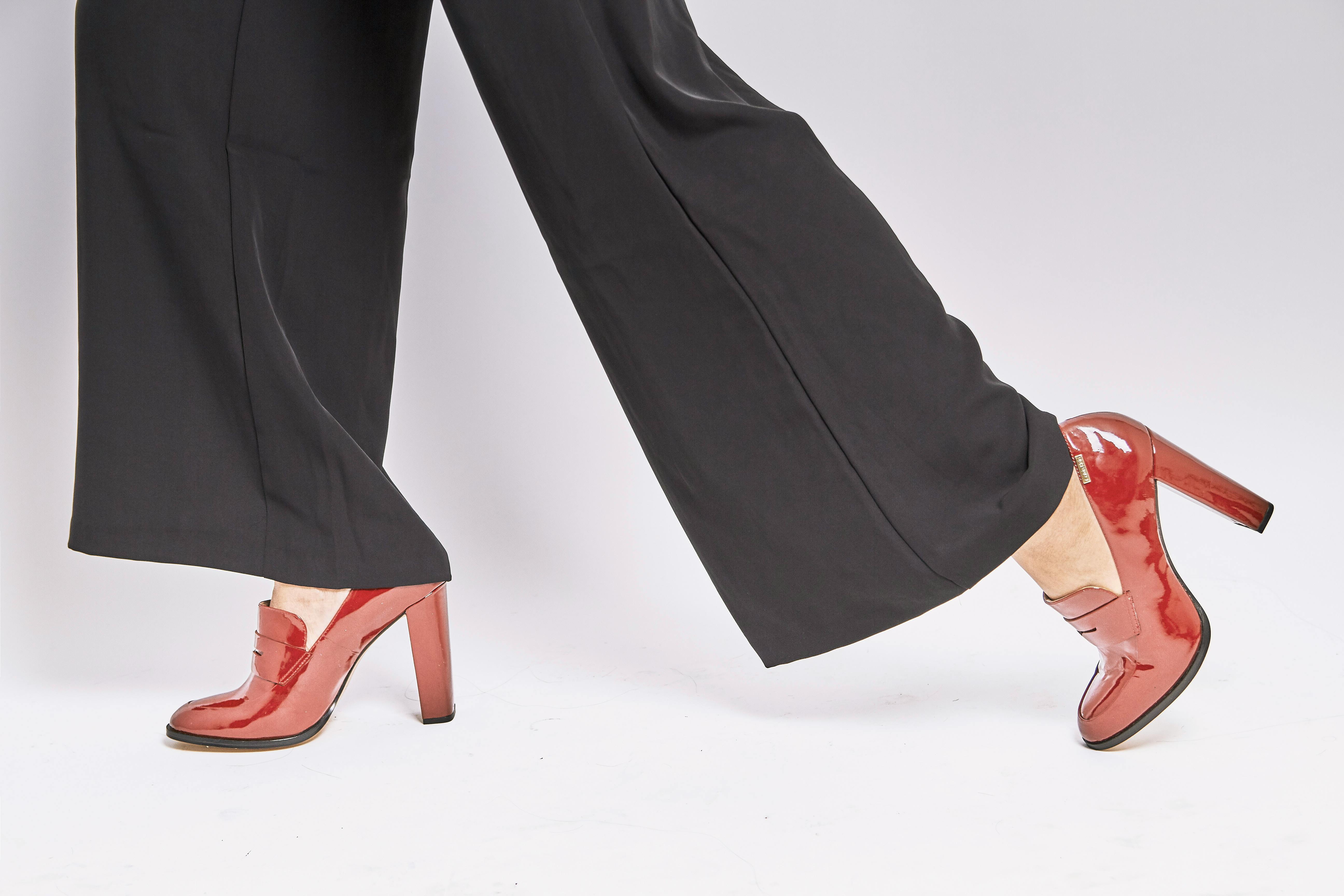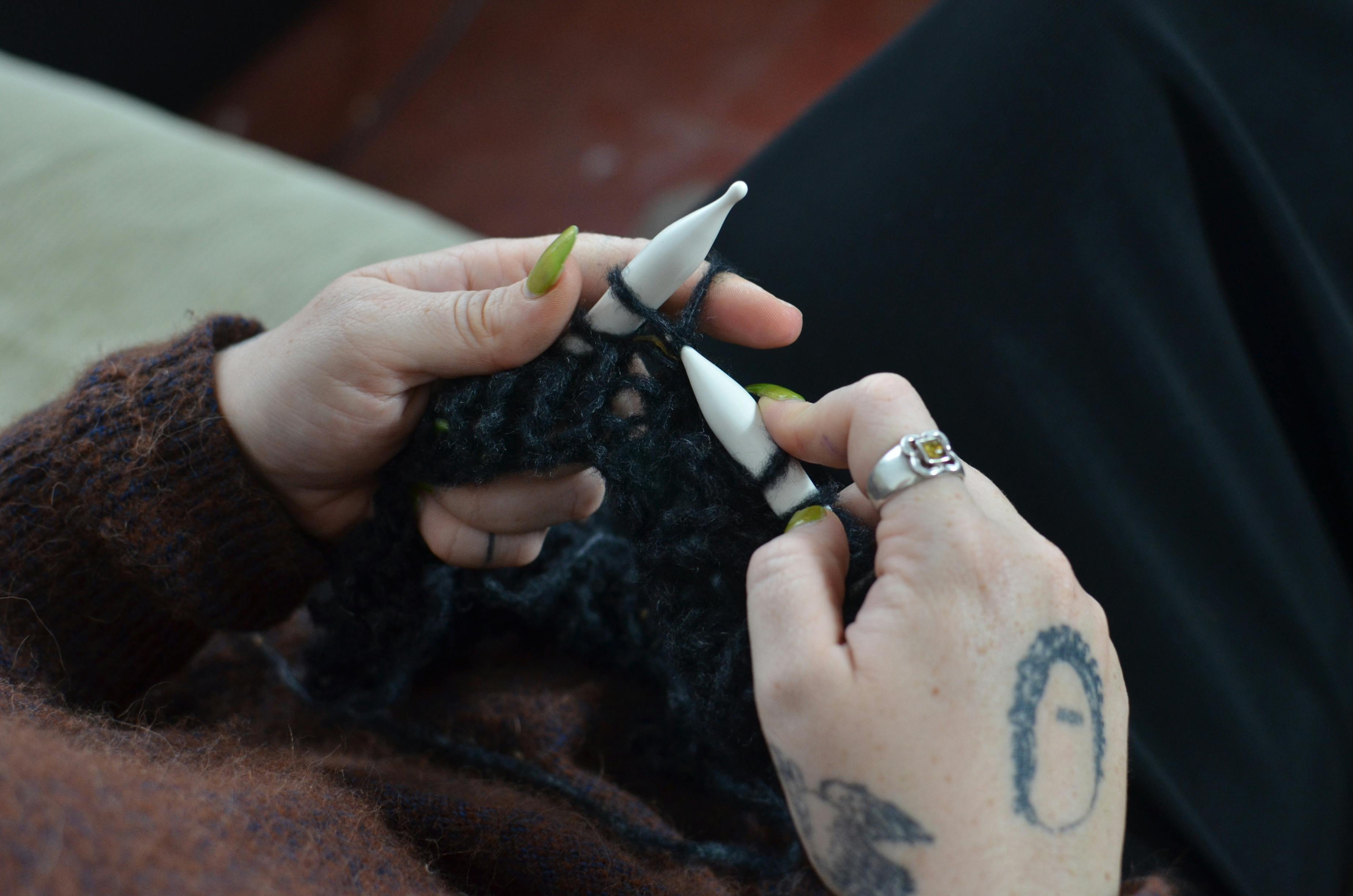I see numerous advertisements appearing in wine industry newsletters announcing bulk wines for sale and often wonder why this classification of wines for sale exists and who buys them. I see ads for a lot of bulk wines from California, as well as some of these wine sales from Oregon, Washington, and East Coast wineries and vineyards. And with some frequency, it is not uncommon to see sales announcements for wines coming from many international wine regions.
Bulk wine is another facet of the wine industry that the casual wine consumer doesn’t understand, but it is a major contributor to the growth of the wine industry. What is bulk wine and grapes? This wine comes from surpluses from a winery that has not yet been bottled and labeled. There is also a segment of the market where wineries and vineyards produce wine only for the bulk market. There are also brands that do not have a warehouse and rely on the bulk market to create their brand. Bulk grapes, like wine, come from a winery’s vineyard or from an independent vineyard. These grapes are sold by the ton at harvest time; often a year in advance.
Bulk wine is of a known quality that is tested by the buyer before purchase. Homeless wine brokers never take possession of the wine, but still have a license requirement from the Treasury Department’s Bureau of Taxation and Trade. The point is that bulk wine is a high-quality wine that has a pedigree: it has a known producer, known quality, historical characteristics, and is easily tasteable by the buyer.
With US wine sales growing 2.8% year-over-year in 2016, it would be easy to assume that all wine produced would have a demand-driven market. California vineyard acreage is expected to be flat in 2017 compared to 2016, with 15,000 new acres planted; mainly in the coastal area of San Lois Obispo. (The figures for acres of vines planted are misleading, as acres are taken away when vines are removed for replanting.) Even with the changes in the wine market around the world, the market for bulk wine and grapes continues to grow, and the reasons for the growth are complex and numerous. So, the question that asks for clarification/expansion is: What happens to the surplus of wine and grapes?
Basically anyone can buy surplus wine. There are many wine labels on the market that come from surplus wines or even bulk grapes. For example, someone could buy the wine, send it to a winery, work their blending magic on that wine, bottle it, and send it to a distributor.
Now you want to know how this bulk wine impacts you as a consumer. Say you go to a restaurant or a friend’s house and experience a wine you love, you go home and try to find the winery that produced the wine so you can buy it online or maybe you want to schedule a tour. To his surprise, he can’t find the cellar. The wine that excites you may have come from an accomplished winemaker who bought bulk wines from which they blended/bottled/labeled that new favorite wine you just discovered. The bulk wine was probably sold by a “bulk wine” broker, of which there are many. Many around the world, only a few in each country.
The world’s largest wine and grape surplus broker is The Ciatti Company in Northern California. They have been selling these wines and grapes all over the world for 46 years. “On an average day, we initiate or receive approximately 4,000 conversations about buying or selling bulk wine,” says Steve Dorfman, partner at Ciatti. “Most of the time, the bulk market is a business-to-business transaction ranging from extremely large wineries with global brands to start-ups with a vision for a new brand.” Home winemakers are not the target market for bulk brokers. For example, some of your wine transactions are for more than 10,000 gallons.
This type of wine business is different than the custom crush sector of the wine business. These wines come from a winery that, in general, has produced a fermented product that may or may not be a varietal wine. Custom crushing is primarily a process of procuring grapes, crushing, fermenting, and bottling wine to a specific specification by a specific client.
The surplus wine and grape business is the weak point of the wine business. This business is big, and it doesn’t just apply to a winery with a surplus of juice. There are wineries and vineyards that exist solely for the exclusive production of bulk wine. Quite simply, there are vineyards (as well as wineries) that only cater to a market that expects to buy bulk wine that they label with their own brand. In the case of bulk grapes, some wineries and wine brands anticipate their grape needs for their planned production for the next vintage. In the winter months, bulk grape brokers are busy selling next year’s crop and/or beyond vineyard production. Some bulk grape buyers may even specify grapes by clone; then bulk brokers try to match sellers and buyers.
What is the bulk wine acquisition process like? Remember, this type of wine is basically a finished product.
· Phone call or email initiates the process. The buyer has a defined style of wine needed for a specific label or for a blend, or varietal style. Some bulk wines may be purchased to test a new wine product concept being contemplated by a winery or private label.
· Then define the requirements regarding ABV, acidity, tannins, color and aromas. Based on these details, a bulk broker can select specific bulk wines to send overnight sample wines for the buyer’s analysis/tasting. There may be requirements regarding a very specific source of the fruit/VPA.
Initial sample customer/buyer tastings may result in other options being obtained and new samples provided.
· Eventually it all comes down to prices. Bulk wine and grapes continue to be based on market conditions. “Market conditions are a function of availability, quality, reputation of the initial producer, trends in customer preferences, and demand,” says Dorfman. “Nothing in the bulk wine business is a constant.”
· After the seller and customer negotiate the price, a Memorandum of Understanding is signed that outlines the terms, the condition of the wine or fruit, shipping requirements, and terms.
Now the deal is done.
For their efforts, most bulk wine companies work on a set commission schedule; generally established by the country of origin. The commission is generally between 2 and 4% depending on the country of origin.
As noted above, it would be a mistake to assume that surpluses (grapes or wine) are the result of overproduction. It is entirely plausible that wineries or vineyards plan excesses that can be sold to finance small/limited private production or to test new wine ideas. Wineries that own their own vineyards often plan for excess production for reasons of economies of scale for certain grapes that they need to establish in-house labels.
And there are wineries and vineyards (not producing wine under their own label) that exist solely to supply the bargain market, private label producers, and wineries that need additional wines for their brands. Some of the larger wineries buy wine in bulk because they didn’t produce enough to expand production or had problems with current supplies. Buying wines in bulk appears to offer new and established winemakers a low-risk option. One example is Cameron Hughes Wines, which started with a small initial bulk purchase, then accelerated growth in subsequent years.
Ray Isle, writing for Food & Wine, explains the dealer as: He first started in Burgundy, buying grapes or finished wine from the region’s myriad of small estates, then blending, bottling and selling the wine under the dealer’s name. Some of Burgundy’s best and best-known producers are primarily merchants, including Jadot, Drouhin, and Bouchard Père & Fils.
As a general rule, there is usually no such thing as a good or bad wine, only wines that are looking for a fit. “At Ciatti we know that there will always be an application for all bulk varietals or bulk blends. Every winemaker experiences problems in the production of their wines that can be solved with an available bulk wine,” Dorfman said. Since 55% of his business is national and 45% international, there seems to be a home for quality bulk wine somewhere in the world.
On occasion, there may be times when bulk wine is not sold somewhere in the world. For those rare occasions, bulk wine may find a place as food grade vinegar or distilled into brandy.
Although bulk wine is a business-to-business business, bulk wine brokers will spend time developing new potential buyers who have a solid plan. The beginning of such a relationship always starts with some free advice: don’t buy the wine first, and then start thinking about a solid business plan. “I’ve seen clients buy wine first, then work on the marketing plan, TTB requirements, labeling, and finally start looking for clients,” says Dorfman. The first order of business is to know where and how you will sell your proposed brand. Second, contact the TTB and start the licensing process and learn the laws that govern your business. While at the TTB, you will find the labeling requirements to be a very difficult process for the uninitiated. Designing a label can be an almost scientific and laborious process. Dorfman said he was aware of a group hoping to launch their own label a few months after buying his wine. Four years later, they finally released their new wine. The problem was that they first bought the wine without understanding state and federal laws, label approvals, and reliable customer commitments.
Wine is not as simple as crushing grapes, turning the juice into wine, putting wine in a corked bottle, and delivering that wine to a retailer. The iterations and nuances in the wine industry are complex, convoluted, and highly controlled. Fortunately for the consumer, we only see the industry when we drive through the vineyards of the wine country.









